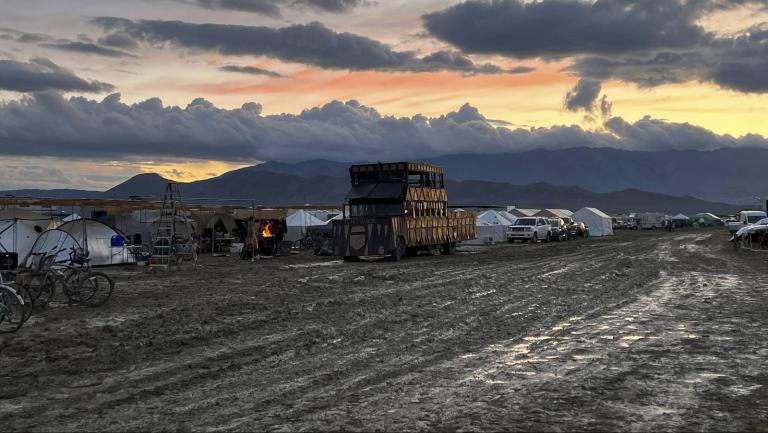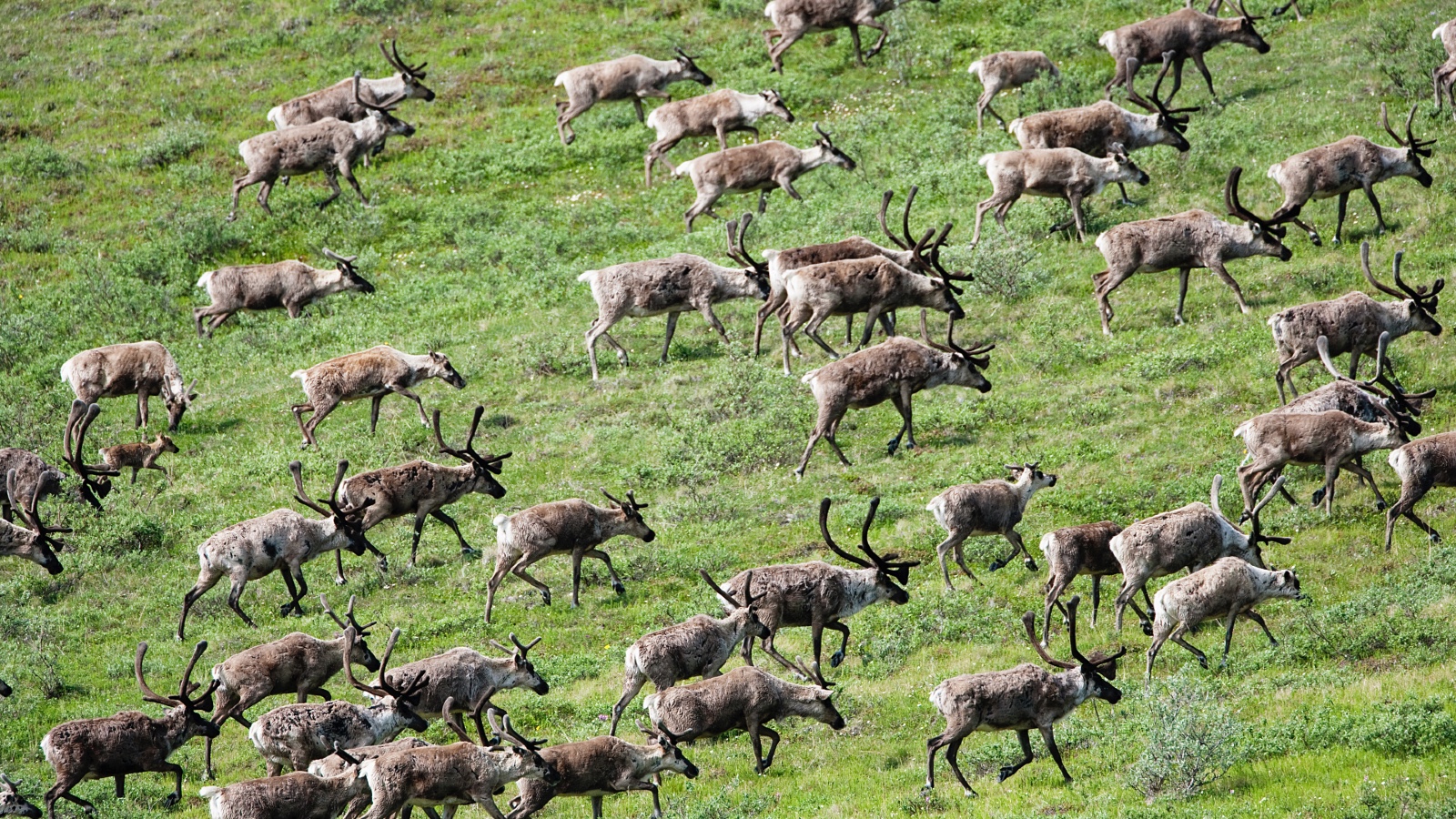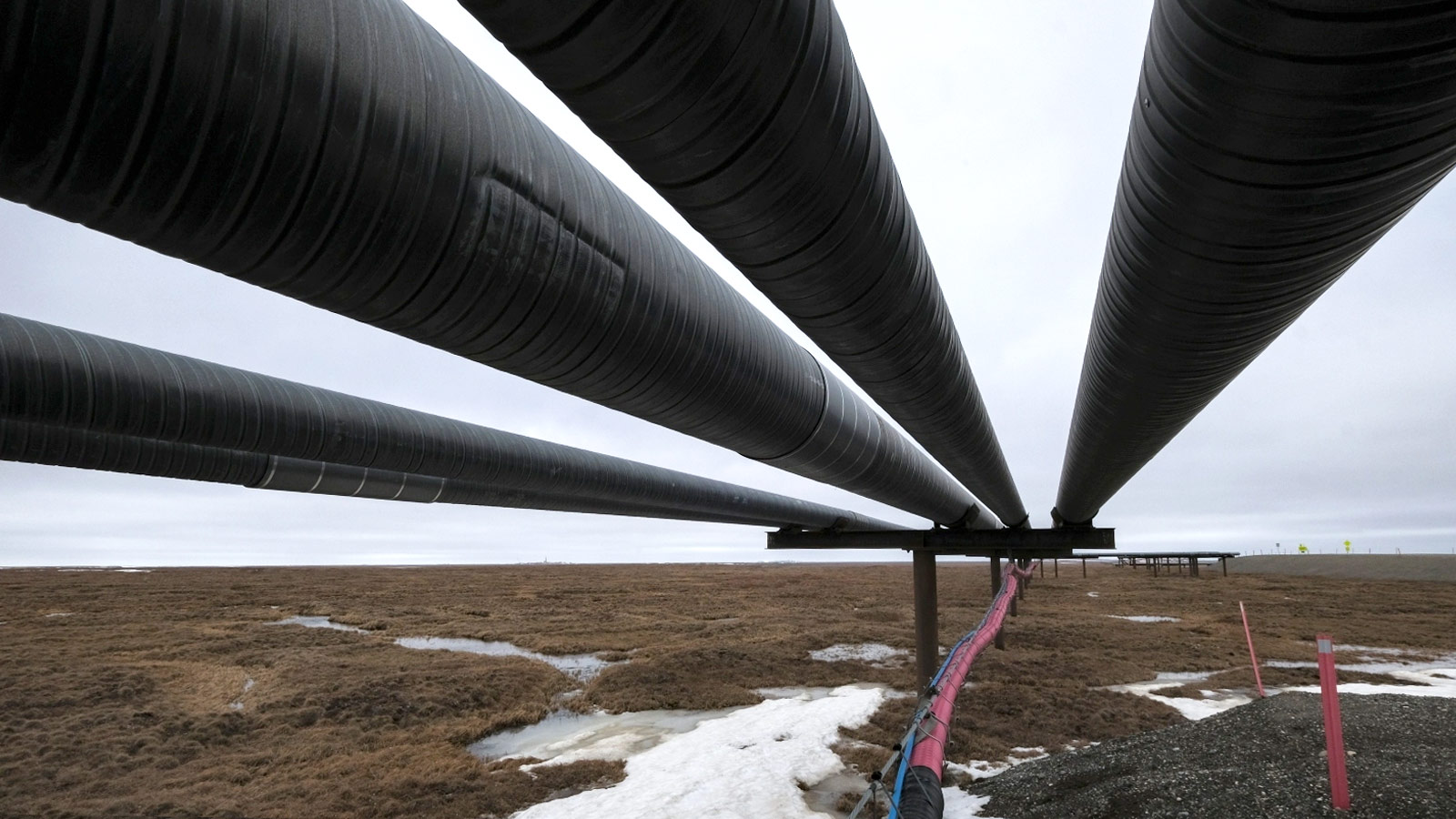The Biden administration took steps to set aside millions of acres of undeveloped land and vital habitat for migratory birds, grizzly and polar bears, and caribou in the Arctic on Wednesday, announcing plans to prevent drilling in some areas and cancel all remaining oil and gas leases in the Arctic National Wildlife Refuge — a vast, federally protected area in northeastern Alaska that has long been at the center of fierce debate over fossil fuel development.
The Interior Department also said that it would limit drilling in more than half of the National Petroleum Reserve in Alaska, an Indiana-sized swath of tundra west of the Arctic refuge and an important subsistence area for local Alaska Native communities that depend on a healthy ecosystem and wildlife for food but also rely on oil royalties for revenue and essential services, like schools. The department would ban drilling on nearly 11 million acres in the area and restrict it on another two million.
“With climate change warming the Arctic more than twice as fast as the rest of the planet, we must do everything within our control to meet the highest standards of care to protect this fragile ecosystem,” Interior Secretary Deb Haaland said in a statement accompanying the announcement.
The Biden administration also proposed a ban on drilling across almost three million acres offshore, in the Beaufort Sea. Conservation groups largely applauded the flurry of moves, some of which reversed Trump-era efforts to open up protected areas to drilling.
“We are pleased to see President Biden making good on his promise to implement durable protections for the irreplaceable landscapes and habitats of the National Petroleum Reserve-Alaska,” said Jennifer Rokala, executive director of the Center for Western Priorities. “Wildlife such as caribou, grizzly and polar bears, and migratory birds all rely on these intact and undisturbed habitats, which would be impossible to replace if they were disturbed and fragmented by oil and gas development.”
Still, none of the proposals would restrict ConocoPhillips’ fraught Willow oil project, a huge expansion of drilling that the administration approved in the National Petroleum Reserve in Alaska earlier this year to the dismay of many climate advocates.
For more than 40 years, Congress has debated whether to allow oil drilling on the coastal plain of the Arctic refuge, which encompasses the calving grounds of the Porcupine caribou herd, about 200,000 animals that are an important cultural resource and food source for Alaska Native people, particularly Gwich’in families on the southern edge of the refuge, where the caribou migrate.
Beneath those plains lies an estimated four billion to 12 billion barrels of oil. In 1980, Congress established the 19-million-acre protected area but left open the possibility of oil development on one and a half million of those acres, on Alaska’s northern coast. Since then, fossil fuel interests, Alaska’s state government, and Alaska Native corporations that own the rights to the area’s resources have been keen to unearth the oil.
For years, environmental groups, Gwich’in leaders, and Democratic politicians pushed to keep the area off-limits to drilling. But in 2017, a Republican-controlled Congress mandated the sale of oil leases as part of the Tax Cuts and Jobs Act. Prior to Wednesday’s announcement, the Interior Department had already canceled and refunded two leases, at the request of companies that owned them. That left seven existing leases, encompassing 365,000 acres, and all were held by the Alaska Industrial Development and Export Authority, a state agency that invests in industrial projects.
The Biden administration suspended the state agency’s leases two years ago, citing “multiple legal deficiencies in the underlying record supporting the leases.” On Wednesday, Secretary of the Interior Deb Haaland officially canceled those leases.
Alaska’s oil and gas industry and state government, however, criticized the Biden administration’s moves. Governor Mike Dunleavy, a Republican, said the Arctic refuge leases were issued legally and added that the state “will be turning to the courts to correct the Biden administration’s wrong.”




